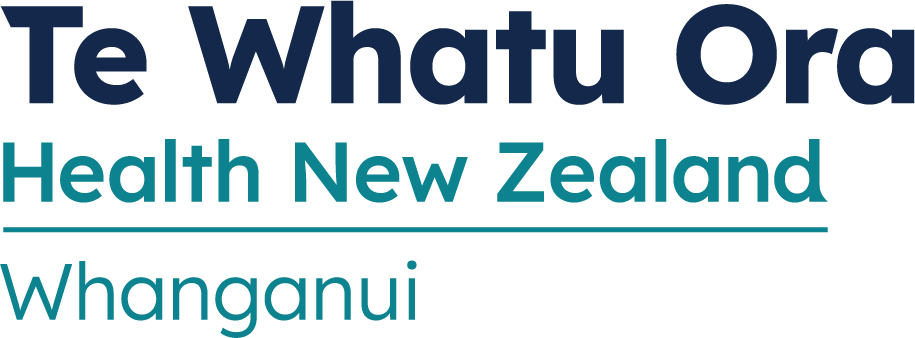
HOTLINKS
Te Waka Principles & Values
Whanganui District Health Board and Te Hau Ranga Ora ‘Te Waka’ values
| The Te Waka and Whanganui DHB values work together to describe the principles and values that guide the WDHB Board, executive, management and staff in their decision making and service delivery with the aim to improve the health outcomes of Māori populations and reduce health disparities. | |
Whanganui DHB values |
Te Waka values |
| Co-operation: Working collaboratively and positively with others |
Kotahitanga: Unity, cohesion, sharing vision, working together, trust, relationships. Collaboration: Working together to achieve shared goals and best outcome for whānau and community (partnership). Integrated: Integrated between WDHB services and those of other health sector providers, and strengthening intersectoral integration to enable wrap-around service provision. |
Social Equity: Valuing people, respecting diversity, and responsiveness in reducing disparities in health |
Equity: Relationships, fairness, justice in health/healthcare, perceptions of fairness in treatment and care, sharing of information to whānau, non-judgemental. Accessibility: Relationships, accessible, acceptable, welcoming, friendly, and easily navigated by whānau, improved outcome for patient/whānau. Wairuatanga: Spiritual wellness, relationships, beliefs, karakia, whakamoemiti, ruruku, tohunga, rongoa, awa, watea, wai, blessings, empowering. Whānaungatanga: Relationships, kotahitanga, unity, inclusiveness, karakia, knowing who you are, what you do, identity, family, whānau, whānau whakapapa, whānau kaupapa. Whakapapa: Relationships, whakapapa whānau, whakapapa kaupapa, historical knowledge, genealogy, how everything is connected. Aroha: Love, respect, empathy, protections, foundation, relationships, non-judgmental, unconditional, passion, determinants of health. |
Adaptability: Being flexible and able to respond to change and new circumstances, or initiate change |
Self-determination: Supporting individuals and whānau to be informed and exert control over their health and wellbeing, whānau centered approach, determination of their own goals, empowering, respect, proactive, choice. Tinorangatiratanga: Self-determining, empowering, respectful, proactive, solution focused, choice. |
Development: Growing and learning, empowering people and communities to achieve goals |
Intergenerational: Intergenerational, inclusive of patients and their wider whānau, recognising the potential for intergenerational transfers of self-management knowledge and skills. To facilitate the intergenerational sustainability of health outcomes. Empowering people. Māori-centred: Improving Māori health outcomes, reducing inequalities for Māori, Māori cultural foundation, whānau centered approach; service approach with a wider relevance and value for all people. |
Integrity: Acting honestly and openly, following ethical principles, serving the public interest |
Kaitiakitanga: Protection, taking care of people, things, conflict resolution, environmental, awa, maintain values, vision, understanding, absolute protection, keep yourself safe, keeping each other safe. Rangimarie: Humility, maintaining ones composure, peace, accountability, responsibility, peace, humble, respect Strength-based: Seamlessness of services from a whānau perspective, self-determining, empowerment, self-management, maintain values, respect. |
Responsibility: Having concern for the consequences of our actions, prioritising and allocating resources in the best interest of the community |
Tikanga Māori: Right, honest, guiding principles, protocols, guidelines, how we do it, actions, tapu, noa, tika, pono, accountability, as individuals being able to be flexible. |
Respect: Respecting all people, the rule of law, institutions of democracy and the Treaty of Waitangi |
Mana tangata: Dignity, relationships, protection, safety, patient and whānau involvement, respect, acceptance. Mauri: Life essence, animate and inanimate objects have a mauri, tika, pono, balance, and universe |



